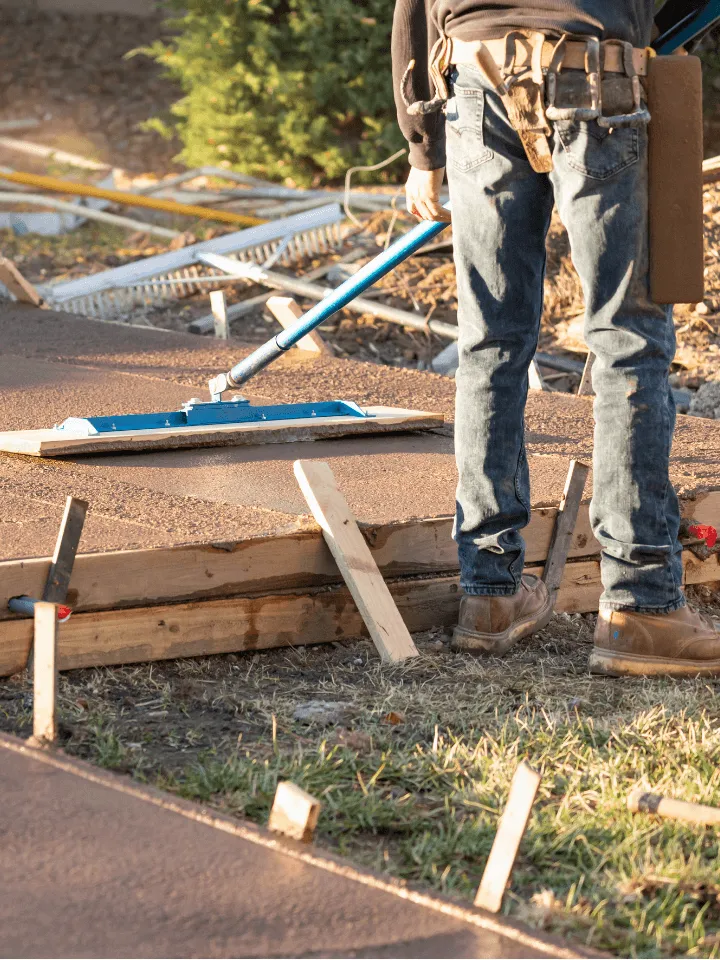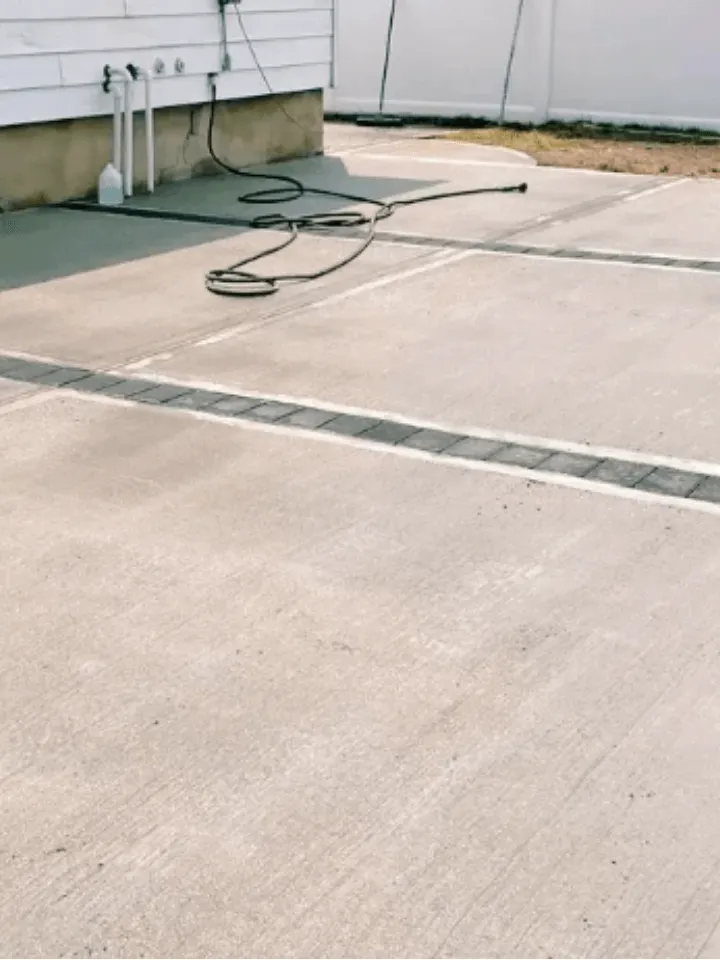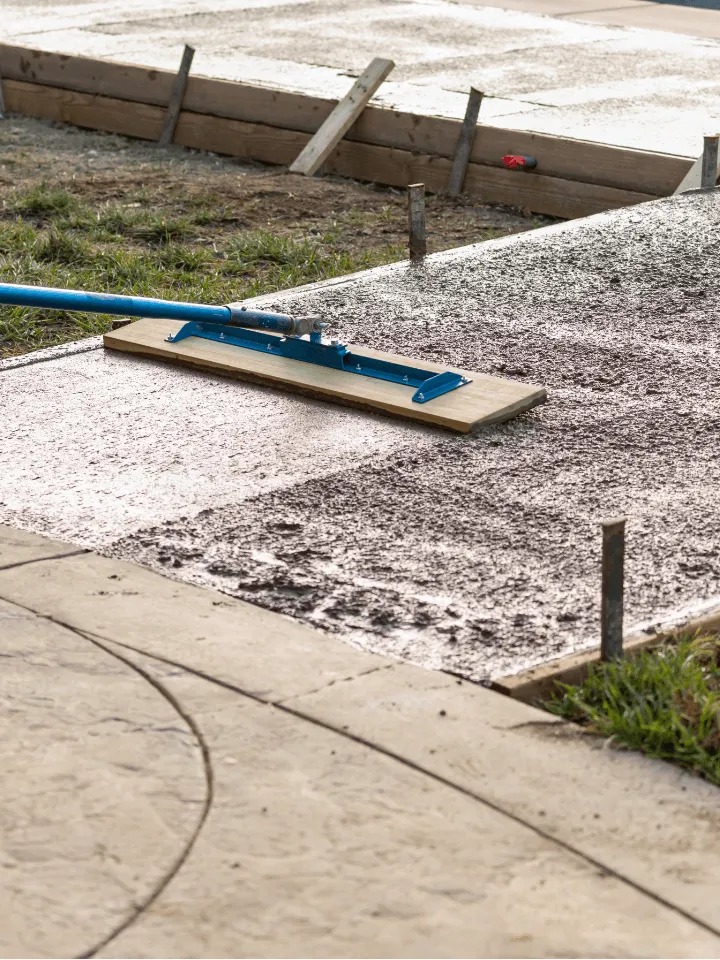Built to Last, Poured With Precision
Concrete services
Serving in Suffolk County, Nassau County, and More!





Concrete Built for Durability & Curb Appeal
Whether you’re laying a new walkway or replacing your driveway, our concrete services are designed to give your home a solid foundation that also looks great. At Diamond Masonry & Waterproofing, we pour with precision and finish with care, making sure it holds up to harsh weather. Book a free estimate today!

Experienced Crews
We’ve handled all types of concrete installs.
Durable Mixes
We use premium concrete blends for heavy use.
Clean Service
No mess, no delays, just solid results.
Custom Solutions
We tailor every project to your space and goals.
Transparent Quotes
You’ll always know what you’re paying for.
From Sidewalks to Slabs, We’ve Done It All
Concrete plays a big role in your home’s appearance, safety, and structure. From driveways, walkways to patios and basement floors. But without the right prep, grading, and technique, you’re left with cracks or shifting over time.
At Diamond Masonry & Waterproofing, our concrete services are done the right way, making sure your new concrete install is level, durable, and built to last through every season. It doesn’t matter if you’re starting fresh or replacing old work, we have the experience to get it done properly.
Here’s how we do it:
Take the first step toward a dry, secure home. Contact us now for expert waterproofing and masonry solutions tailored to your needs.

We’ve completed over 500 successful installs and earned 150+ happy reviews from homeowners. Whether you’re building something new or replacing something old, let Diamond Masonry & Waterproofing deliver the concrete work that lasts.
Concrete services cover everything from installation and repair to removal and replacement of concrete surfaces like driveways, walkways, patios, slabs, and steps. At Diamond Masonry & Waterproofing, we handle the prep, pouring, finishing, and clean-up so you get a durable, polished result without lifting a finger.
The 4:2:1 mix ratio refers to 4 parts gravel, 2 parts sand, and 1 part cement, a common recipe for creating strong, reliable concrete. At Diamond Masonry & Waterproofing, we assess every job site to determine the right blend and strength rating needed for your project.
For most residential applications, a 4-inch thickness is the absolute minimum. But depending on use (driveways, patios, or heavy-load areas), we may recommend 5–6 inches and use rebar or wire mesh reinforcement.
It might seem cheaper upfront, but DIY concrete work can quickly get expensive if the mix, prep, or finish isn’t right. Poor drainage, uneven surfaces, or cracks can lead to costly redos. With Diamond Masonry & Waterproofing, you’re paying for expert craftsmanship, longevity, and peace of mind.
The strongest mixes often use a higher cement-to-aggregate ratio and lower water content, such as a 1:1:2 mix (cement:sand:gravel). For extra strength, additives or fiber reinforcement can also be used.
New concrete can crack due to a variety of reasons including shrinkage during curing, temperature fluctuations, poor subgrade preparation, or a lack of control joints. In Suffolk county’s variable climate, freeze-thaw cycles also put extra stress on fresh concrete if not installed and cured properly.
Poured concrete is a standard, smooth finish, while stamped concrete is textured and patterned to resemble stone, brick, or tile. Both are durable, but stamped concrete adds decorative appeal, a popular choice for patios and walkways.
Maintenance includes regular cleaning, sealing every few years, and promptly addressing cracks or stains. In colder areas like Nassau county, it’s important to avoid using harsh de-icing salts and to keep drainage clear to prevent freeze-related damage.
Cement is one component of concrete, a binder that holds everything together. Concrete is the finished product, made from cement, sand, gravel, and water. While people often use the terms interchangeably, they’re not the same thing.
Flaking or chipping, also known as spalling, is usually caused by freeze-thaw cycles, poor finishing, or the use of too much water in the mix. If your concrete is breaking down early, a professional evaluation can help determine whether repair or resurfacing is best.
